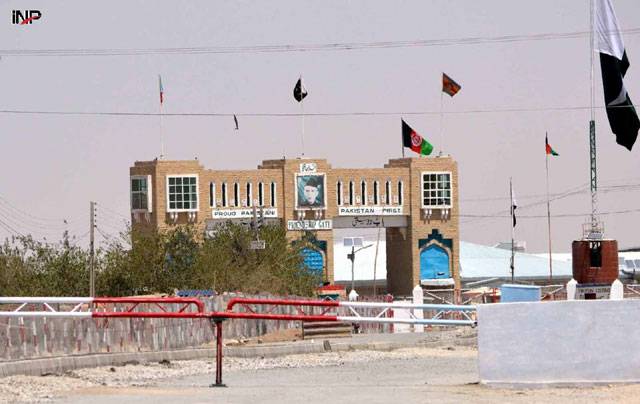MAZAR-i-SHARIF - As its trade with Central Asia states has been on the rise, Afghanistan’s imports from Pakistan have declined by 80 percent, say traders in northern Balkh province.
Due to commerce and transit issues between Afghanistan and Pakistan, businessmen in the province say imports through the Torkham port have precipitously fallen.
Meanwhile, officials of the customs department say their revenue in 2017 had increased by 16 percent over the last year, thanks to increased imports via Hairatan port from Central Asia. Customs Director Abdur Rahman Rasikh told Afghan media that most of Afghanistan’s customs revenue came from taxes on imported business goods.
He called Hairatan port one of the most essential trade hubs.
According to him, imports through the port were more than exports. He said during the current year, the Balkh port collected revenue of 12 billion Afghanis, recording a 16 percent increase over the last year.
Rasikh called increased imports through the Hairatan port a key factor behind enhanced revenue levels. He added the import of steel, grains, timber, flour and fuel had recently increased.
Falling imports through the Torkham port was another reason behind surging imports through Hairatan, the director explained. Frequent border closures by Pakistan over the past two years and transit problems between the neighbours had resulted in the decrease of imports through the Torkham crossing point, he added.
One trader named Mohammad Nasim confirmed that the level of imports through Hairatan had gone up during the current year. One of the reasons behind increased imports through Hairatan was decline in imports via Torkham, he said.
On the other hand, some businessmen linked the rising imports through Hairatan to the stable security environment in Mazar-i-Sharif. A trader, Mohammad Nabi, said the security situation in Mazar-i-Sharif and on the Kabul-Mazar Highway had positively impacted trade via Hairatan.
He said while considering the relatively good security situation, businessmen were willing to import and export goods through Hairatan. “As a result, revenue of the Customs Department has jumped this year.”
However, Rasikh said exports through Hairatan were almost zero. With the construction of a rail link between Afghanistan and China, Afghanistan’ exports would see a boost, but it didn’t happen, he added.
According to him, the prevailing transit issues between Afghanistan and Uzbekistan have left negative effects on exports through Hairatan. He revealed exports worth two million afs had taken place this year.
Afghanistan is connected to Central Asia through Hairatan, Aqina and Sher Khan ports. Trade through Hairtan has considerably increased and improved over the past few years.
The important aspects of the port include the railroad extension from China and the $400 million investment in the petroleum and gas sectors.






